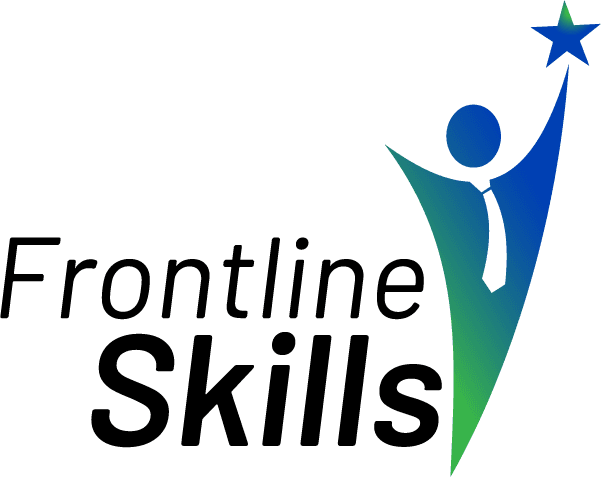
Introduction to AI for Beginners
This AI for Beginners Training is designed to demystify artificial intelligence and provide a clear understanding of its core concepts and applications. The course will guide participants through AI’s evolution, its impact on society, and how it is transforming industries today. With hands-on exercises and examples, participants will grasp the basics of AI without needing advanced technical skills.
By the end of the course, participants will feel confident in understanding the basic principles of AI and how it’s applied in various real-world scenarios.
Learning Goals on AI for Beginners
By the end of the course, participants will:
- Understand What AI Is: Learn the fundamental concepts of Artificial Intelligence and its various subfields.
- Learn the Applications of AI: Explore how AI is used in everyday life and industries like healthcare, finance, retail, and transportation.
- Get Familiar with AI Tools: Understand AI tools and technologies without needing advanced technical skills.
- Understand Machine Learning: Gain a basic understanding of machine learning (a key subset of AI) and how machines can learn from data.
- Explore Ethical and Social Impacts: Understand the ethical considerations and potential impact of AI on jobs and society.
- Get Hands-on with Simple AI Tools: Learn how to interact with AI tools and use some basic AI applications.
Course Contents:
Module 1: Introduction to Artificial Intelligence
- What is AI?: Basic definition, concepts, and types of AI (Narrow AI vs. General AI).
- History and Evolution of AI: Key milestones in the development of AI.
- AI vs. Human Intelligence: Understanding how AI mimics human thinking.
- Key Areas of AI: Machine Learning, Natural Language Processing, Robotics, Computer Vision, and Expert Systems.
Module 2: Applications of AI in Real Life
- AI in Everyday Life: How AI powers voice assistants (like Siri, Alexa), recommendation systems (Netflix, YouTube), and smart devices.
- AI in Healthcare: Diagnostic tools, personalized treatment, and robotic surgery.
- AI in Finance: Fraud detection, customer service bots, algorithmic trading.
- AI in Retail: Personalized shopping experiences, inventory management, and AI-driven customer support.
- AI in Transportation: Self-driving cars, traffic management, and autonomous vehicles.
Module 3: Understanding Machine Learning (ML)
- What is Machine Learning?: Basic understanding of how machines learn from data.
- Supervised vs. Unsupervised Learning: Difference and examples of each.
- How ML Works: Training models with data, making predictions, and refining results.
- Examples of ML: Spam email filters, recommendation algorithms, and image recognition.
Module 4: AI Tools and Technologies
- Basic AI Tools: Introduction to popular AI tools and platforms such as Google AI, IBM Watson, and Microsoft Azure AI.
- Chatbots and Virtual Assistants: Exploring AI-powered conversational tools.
- AI-Powered Software: Understanding AI applications used in data analysis and automation.
- Voice and Image Recognition: How AI processes and interprets images and audio.
Module 5: Ethical Considerations and Social Impacts
- AI Ethics: The ethical issues surrounding AI development and implementation.
- AI and Employment: How automation impacts jobs and the economy.
- Bias in AI: Understanding and addressing bias in AI algorithms.
- AI and Privacy: How AI handles personal data and the importance of data privacy.
Module 6: Getting Started with AI
- Basic AI Tools for Beginners: Introduction to tools like Google Colab for running basic AI models.
- Hands-on Examples: Simple, no-code AI projects like building a basic chatbot or image recognizer.
- Introduction to Python for AI: Learning basic Python concepts that can be useful for AI (for those interested in taking the next step).
Module 7: The Future of AI
- AI Trends: Current and future trends in AI technology and research.
- AI in the Workplace: What the future of work with AI will look like.
- Opportunities in AI: How beginners can pursue further studies or careers in AI and machine learning.
Target Audience:
- Young professionals or students looking to enter fields that require a basic understanding of AI.
- Business owners who want to understand AI’s potential for improving operations.
- Job seekers aiming for roles in sectors where AI is having a growing impact (e.g., marketing, finance, healthcare).
- Anyone interested in technology and its evolving role in society.
Training Approach:
- Interactive Sessions: Engaging lectures and group discussions to make AI concepts simple and relatable.
- Hands-on Practice: Using user-friendly AI tools and platforms to give participants real-world exposure to AI technologies.
- Case Studies: Exploring real-world AI applications across different industries.
- Quizzes and Assessments: Periodic quizzes to test understanding and reinforce learning.
- Guest Speakers: Industry experts sharing their insights into how AI is transforming business and society.
Trainer Profile:
- Experienced in AI, machine learning, and data science with a strong background in Python programming and machine learning frameworks, worked with AI technologies in diverse industries, including healthcare, finance, and retail, skilled in creating and deploying AI solutions for both small-scale and enterprise-level applications.
Program Venue and Schedule:
- Duration: 8 hours
- Mode: Blended Module
Reviews
Members info
This is a list of members enrolled in this course

